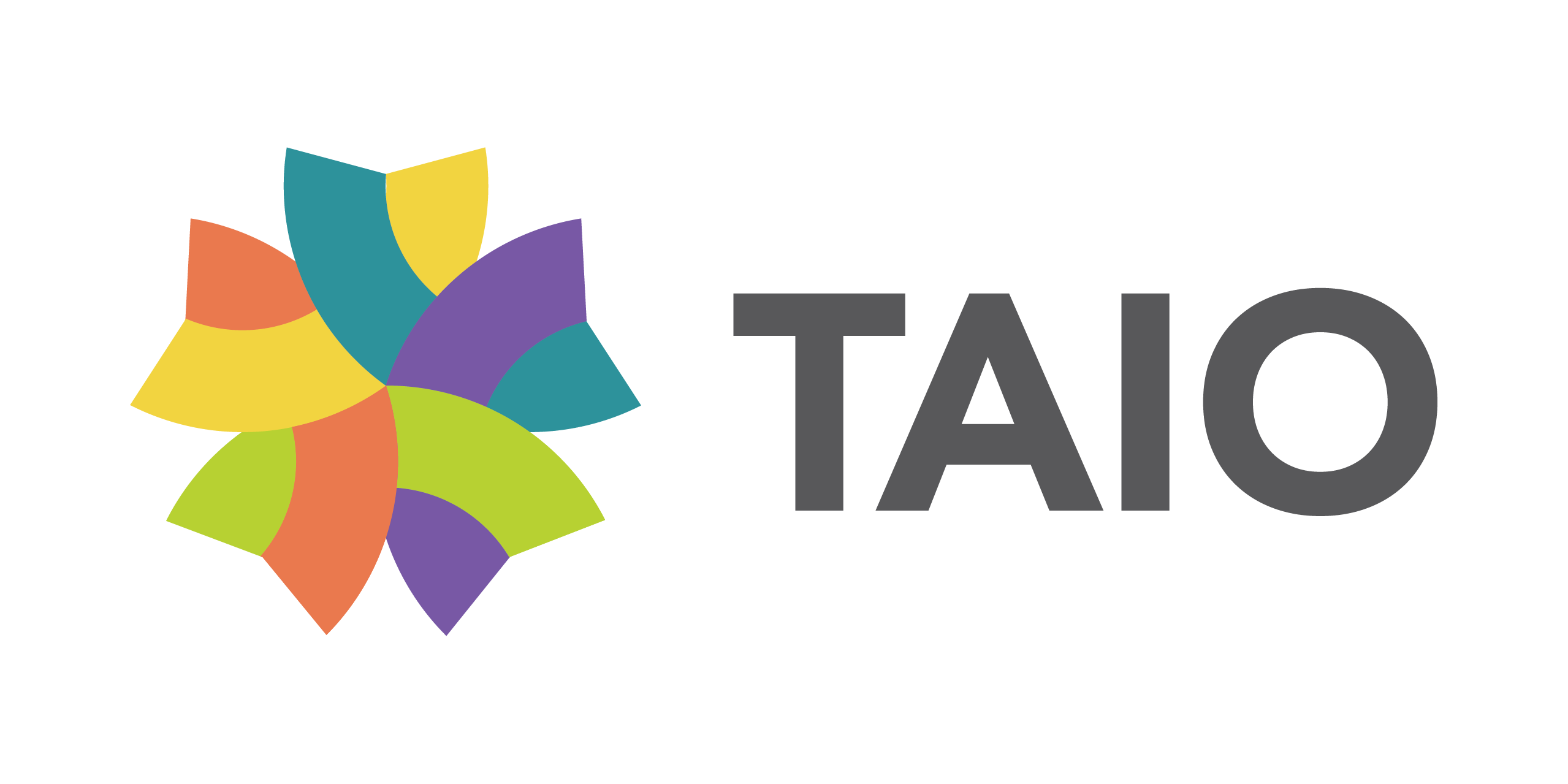What if the most ignored part of your operations isn’t clinical but clerical?
Medical billers protect your revenue at its most vulnerable point.
They step in after coding, managing the claims that decide how much and how fast you get paid.
But when billing is weak, things slip: denials pile up, follow-ups get pushed and cash flow suffers.
The best move is not always to hire more, but to outsource what keeps you stuck. Delegating medical billing to specialists cuts financial risk, accelerates payments and gives your agency room to grow without sacrificing patient care.
On this page
Key Takeaways
A strong medical biller keeps your revenue cycle clean and cash flow steady. Clean claims, fewer denials and faster reimbursements start with the right billing services and skilled coding.
Weak billing systems lead to hidden losses. This includes billing errors, delayed payments, compliance gaps and staff burnout. The more complex your caseload and payer mix, the costlier inefficiencies become for health care providers.
Selecting between a freelance biller and an outsourcing agency depends on your operational demands and budget. The right fit should ease pressure on administrative tasks, improve billing performance and give your team room to focus on care.
What a Medical Biller Does for Health Care Providers in Home Health
Every dollar your agency earns depends on how well your biller does their job.
A Medical biller is a frontline role that impacts your agency’s cash flow, compliance and reputation. They convert clinical documentation using medical billing software into billable claims, submit them to payers and ensure everything follows strict payer rules and regulations.
Medical billing is a complex, high-risk task that demands precision, deep knowledge of medical coding and attention to detail. Inaccuracy can lead to billing errors, denied claims and disrupted cash flow. This is why agencies leverage an outsourced billing partner to handle it efficiently.
Here’s what a medical biller does day to day:
Submitting clean claims. Makes sure every claim has the correct medical codes, authorizations, service logs and documentation, reducing claim denials from the start.
Resolving denials and missing revenue. Follows up when claims are rejected or underpaid. They appeal decisions and fix medical billing errors while protecting patient privacy. At the same time, they reconcile payments, track discrepancies, and follow up on unpaid or partially paid claims, often across multiple payer portals, to maximize proper reimbursement through accurate payment processing.
Managing patient billing. Sends clear, accurate bills to patients, answers billing questions and ensures the agency is compliant, patient-friendly and can handle increasing patient volumes efficiently.
Staying compliant. Keeps up with payer policy changes, regulatory shifts (Medicare, Medicaid) and documentation requirements that could affect reimbursement for health care providers.
Billing begins where medical coding ends. When billing and coding overlap, a weak billing workflow results in claim denials, compromised revenue and sets health care practices at risk.
Billing and Coding: Know the Difference
Coding tells you the story of care.
Billing makes sure you get paid for it.
Medical coders translate clinical documentation into codes: CPT, HCPCS and ICD-10 to describe what was done and why.
Once the codes are in place, medical billers take over. They build the claim, attach the right documentation and submit it to payers. Then they manage the rest: tracking payments, correcting denials and ensuring every dollar is collected.
The same process applies when outsourcing medical billing, but billing tasks must be carefully coordinated to prevent claim denials, maintain a consistent billing workflow, and protect revenue cycle operations.
The Real Work of Medical Billing and What Happens When It’s Done Poorly
The impact of a medical biller is everywhere: in your collections, compliance scorecard, financial reporting and patient experience.
They maintain accuracy and data security, protect patient privacy and streamline administrative tasks.
What Strong vs. Weak Billing Looks Like in Real Life
|
Function |
High-Performing Medical Biller |
Developing or Overstretched Medical Biller |
|
Claim Submission |
Builds clean, complete claims that meet payer rules, reducing delays, rework and denied claims |
Misses small details that lead to preventable claim denials or longer reimbursement cycles |
|
Denial Management |
Has a system for timely follow-ups, appeals and documentation corrections |
Inconsistent follow-up leads to unresolved denied claims and slower revenue recovery |
|
Payment Reconciliation |
Closes the loop on every claim and payment; nothing gets lost |
Tracks payments manually or sporadically, making it harder to catch shortfalls |
|
Patient & Payer Communication |
Answers billing questions clearly and maintains good relationships on both ends |
Struggles with complex questions or payer systems add friction to the process |
|
Compliance & Documentation |
Maintains updated, audit-ready documentation that aligns with regulations |
Tries to keep up, but inconsistent recordkeeping risks audit flags, compliance issues and data security gaps |
What the Statistics Say:
Outsourcing doesn’t just lighten the load; it drives measurable results. Becker’s Hospital Review and HFMA report a 30% to 40% drop in billing costs and a 5% to 15% increase in net collections.(Source)
Each function in the billing process drives your claims forward, protects your revenue, reputation and relationships.
Claim Submission
The strength of your claims is heavily dependent on your biller.
Billers are precise and have a deep understanding of each payer’s needs. They verify codes, attach documentation and cross-check payer rules so the claim clears the first time.
What billers won’t send without:
- Code match
- Required documentation
- Modifier accuracy
- Payer rule confirmation
Denial Management
Billers know that denials aren’t dead ends, just unfinished business.
They treat each denial like money on pause, not lost. They review, correct and resubmit quickly, often with better documentation than the original claim.
In every denial, they:
- Identify the reason for the denial
- Cross-check with documentation
- Fix it, appeal it or escalate it
- Track it until payment clears
Payment Reconciliation
Billing isn’t done until every dollar is posted, matched and confirmed.
Billers meticulously compare payer remits line by line, flagging underpayments, catching offsets and ensuring your books reflect what was actually earned.
Red flag to look out for:
If your Accounts Receivable (AR) looks healthy but cash flow doesn’t match, your reconciliation’s broken.
Communication
Billing is the last point of contact and shapes how patients and families remember your agency.
Billers explain charges clearly, answer patients’ questions and don’t escalate tension with payers or families.
Real-life consequence:
Example: A daughter calls to ask why her mother was charged out-of-pocket for a visit Medicare should’ve covered.
The biller couldn’t explain it clearly, but promised to “look into it.”
Three calls later, she’s still waiting.
By the time it’s resolved, she’s moved her mom to another agency. Not because of the care, but because, “If they couldn’t even explain the bill, how could I trust the rest?”
Documentation and Compliance
Billing isn’t just about speed, but about precision and staying audit-proof.
Billers track every attachment, timestamp and note — because weak documentation delays claims, triggers denials and opens the door to audits or recoupments.
An audit-ready checklist has:
- All claims tied to signed visit notes
- Required payer attachments stored and named consistently
- Authentication/eligibility proof on file
- Modifier usage backed by documentation
What to Look for in a Medical Biller
A resume can’t, unfortunately, tell you how well someone bills.
If you want fewer denials, faster payments, and cleaner claims, you need to look deeper than the surface.
Years of experience don’t always mean quality. What matters is how precisely and consistently a biller delivers results. If you’re only screening for experience and certifications, you’re missing the ones that make a difference.
What You Think You Need vs. What You Actually Need in a Medical Biller
|
Criteria |
Minimum Requirements |
What to Actually Look For |
|
Educational Background |
High school diploma; billing certificate |
Formal post-secondary training plus real-world problem-solving in claim workflows |
|
Work Experience |
1–3 years in billing or health care admin |
Experience with multi-payer environments and a proven record of reducing denials |
|
Technical Skills |
Can navigate billing software and EHRs |
Uses tech to audit, track KPIs, flag issues and improve the entire revenue cycle |
|
Knowledge of Regulations |
Knows HIPAA and payer-specific billing rules |
Applies that knowledge to prevent compliance risk and preempt rejections |
|
Communication Skills |
Can explain charges to patients or answer basic questions |
Bridges gaps between admin, patients and clinical teams with clarity and confidence |
|
Attention to Detail |
Says “detail-oriented” on resume |
Routinely catches coding/documentation issues that delay or reduce payment |
|
Certifications |
CPB, CMRS or similar (optional) |
Actively certified and stays updated through ongoing education or CEUs |
Anyone can say they’ve done billing, but the ones worth hiring can show you how they made it better.
Expert tip:
Ask your applicants to walk you through the last denied claim they handled, what caused it, how they fixed it, who was involved and how long it took to get paid.
This question does two things:
- Reveals ownership. If they can’t speak to the details, they probably weren’t the one who fixed it.
- Exposes problem-solving habits. You’ll see how they think, who they escalate to, and whether they track results or just move paper.
What Medical Biller Cost: Rates, Outsourcing Options and ROI
What you’ll pay depends on who you hire, how much support you need and how complex your billing is. Below, we’ll walk through what drives those rates, your hiring options and the ROI you can expect.
What Drives Medical Billing Rates?
Type of Hire
- Freelancers typically offer lower rates but require more oversight and may have limited capacity.
- Agencies charge more but provide structured teams, established systems and full-cycle billing support.
Geographic Location
- Onshore professionals, especially in high-cost regions, command higher fees.
- Offshore solutions may lower costs but require additional assessment to ensure compliance and communication standards.
Complexity of Services
- Routine billing is less expensive. Billing that involves multiple payers, government programs or specialized services typically increases cost.
Volume of Claims
- Some providers offer flat-rate billing, others offer per-claim pricing that decreases with higher volume.
Additional Services
- If you need eligibility verification, denial appeals or compliance audits, expect that to reflect in the rate — but these add measurable value.
Freelancer vs. Agency: Side-by-Side Comparison
Choosing between hiring a freelancer and an outsourcing agency depends on your scale, oversight and continuity needs.
Here’s a table overview you can refer to:
|
Criteria |
Freelancer |
Outsourcing Agency |
|
Cost |
Lower upfront |
Higher, but can offer bundled services |
|
Oversight |
You manage them |
Agency manages end-to-end |
|
Scalability |
Limited to 1 person |
Built to scale with growth |
|
Coverage Risk |
High risk if unavailable |
Backup staff ensure continuity |
|
Expertise Depth |
Varies widely |
Trained across payers + audits |
|
Technology |
Basic tools |
Dashboards, KPIs, alerts |
|
Best for |
Low-volume, hands-on operations |
Multi-payer, growing agencies |
ROI: What the Right Billing Partner Can Deliver
Return on investment from billing practices can be measured by an increase in collections, improved net revenue capture and reduced billing overhead.
Becker’s Hospital Review and HFMA report that:
- 5% to 15% increase in collections through streamlined denial management
- 7% to 10% improvement in net revenue capture when billing is outsourced strategically
- 30% to 40% reduction in billing overhead compared to maintaining an internal team
If your agency bills $500,000 per month, even a modest 7% uplift recovers $35,000 monthly, a return that far exceeds typical billing costs.
What’s the Best Hiring Option for You?
A freelancer might be the right fit if your claim volume is light, your internal processes are solid and you want hands-on control. They’re flexible and often more affordable, but success depends on how well you manage them, from denial follow-ups to tech access and documentation tracking.
An outsourcing agency is the right choice if your team is overstretched, your payer mix is complex or you need airtight denial management and compliance. You get a structured system with an agency: specialists for each function, built-in QA and fewer gaps between tasks.
Bottom line:
- Freelancers deliver value when you can support them.
- Agencies deliver when you need support baked in.
The decision comes down to how much support your agency needs and how much risk you’re willing to absorb to save on costs.
How the Right Billing Services Protect Cash Flow and Reduce Billing Errors
Professional medical billers ensure every claim is coded accurately, error-free and compliant before submission. This prevents costly denials, speeds up reimbursements and gives health care providers more time to focus on delivering quality patient care. With experts managing your billing, you’re protecting your cash flow and strengthening your whole revenue cycle.
Key ways billing services strengthen your financial system:
- Catch coding and documentation errors before they reach payers.
- Ensure claims are submitted correctly and on time to protect cash flow.
- Keep teams updated on payer rules, compliance standards and industry changes.
With the right billing team, accountability is clear, payments are predictable and operations stay on track.
Get billing right, and what follows is trust, because people don’t just remember how you cared, they remember how you billed.
Frequently Asked Questions
Not if you choose the right outsourced billing partner. Reputable medical billing companies and outsourced medical billing services provide complete visibility for your medical practice through reporting, audits and dashboards. You stay informed, monitor billing workflow and billing tasks and can review financial reporting, denied claims and patient payments while retaining strategic oversight.
Top outsourced medical billing companies follow HIPAA standards, enforce strict data security protocols and protect patient privacy for every medical practice. They use encrypted systems, limit access and conduct regular audits to ensure compliance while safely managing high patient volumes.
If you leverage medical billing outsourcing, trained medical billers and health information technicians reduce errors, clarify statements, and resolve billing errors or denied claims faster. This improves patient satisfaction and maintains trust in your health care organization.
Track key metrics such as days in accounts receivable, insurance claims resolution, billing errors, denied claims, and overall revenue cycle operations. Outsourced billing services or a medical billing company can streamline billing workflow, improve cash flow and increase revenue.




